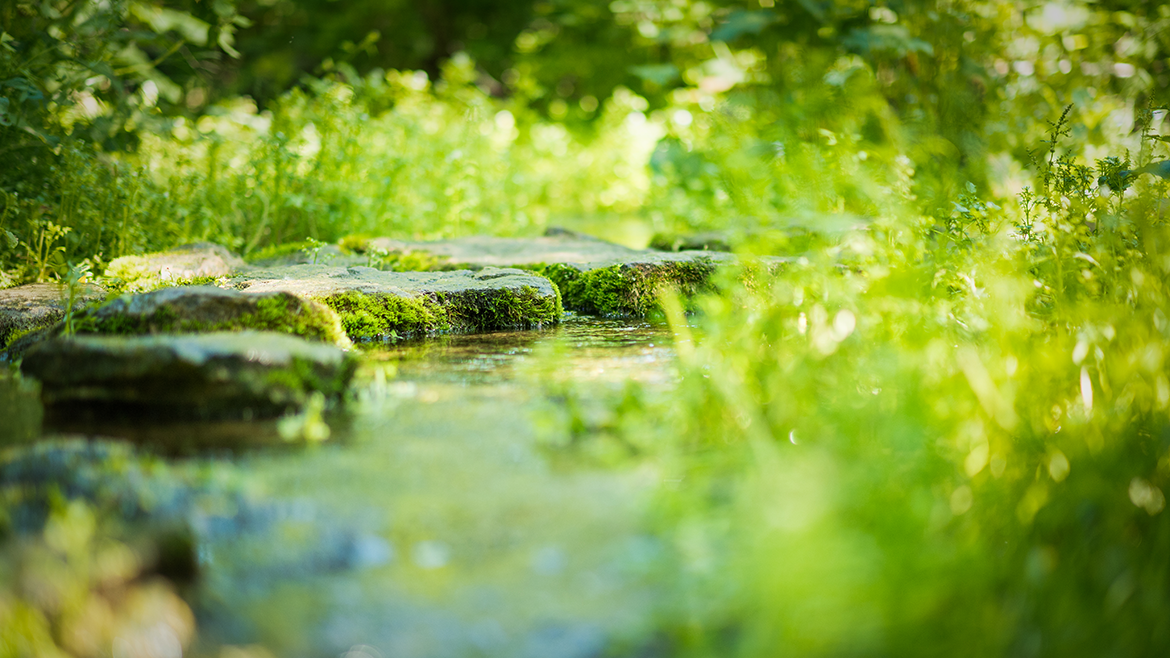Sea Grant Advisory Council Welcomes Two New Members
Todd Ambs
Todd Ambs, director of the Healing Our Waters (HOW)-Great Lakes Coalition, grew up on Michigan’s lakes and rivers. He’s spent the last 25 years focusing on water policy. It’s safe to say that Ambs is attracted to water and to organizations that advocate for it.
This has put him in a unique position to be a member of Wisconsin Sea Grant’s advisory council, which now numbers 15 people. The council is appointed by the University of Wisconsin-Madison chancellor and consists of leaders from academia, state and local government, industry and the public, who bring a variety of viewpoints to the table and help ensure the relevance of Sea Grant research and programs to needs in the state.
In college at Eastern Michigan University, Ambs majored in political science and speech. Despite his early attachment to water, he thought he would do something in local government. “But I got more and more engaged in environmental policy and the water policy, working for nonprofits,” Ambs said. “Then I worked for the Ohio Department of Natural Resources, and then in two different attorney generals’ offices. I just sort of gravitated to water as a subject matter.”
Ambs also served in Wisconsin’s Department of Natural Resources, managing the Water Division for nearly a decade.
In his current position as director of HOW, Ambs coordinates efforts of about 150 non-governmental organizations to advocate at the federal level for programs and policies that benefit the Great Lakes. Ambs said that HOW, which has been in existence for about 15 years, has advocated for a variety of water issues, “Including things like continued funding for Sea Grant. But the bread and butter of the organization is advocating for and then advocating to retain funding for the Great Lakes Restoration Initiative.”
Ambs has been active on the council since this past fall. “I was happy to be asked to serve,” he said. “I’ve long felt that the connection between academia and the science community and the cutting edge of water-related issues that are happening around the county is really important. Certainly, in the Great Lakes, when you look at the significant water policy challenges that are out there, Sea Grant is right in the middle of helping to provide that guidance and expertise to the discussion — whether it’s dealing with challenges in Green Bay or the harmful algal blooms in Lake Erie, or problems in general with excess nutrients.”
As for water issues that are of current concern, Ambs sees HOW and Sea Grant as having impacts on drinking water contamination, aquatic invasive species and polluted runoff. “As an overlay to those areas, the ongoing impacts of climate change just exacerbate everything,” Ambs said. “From the synergistic impacts of having excess nutrients and new forms of aquatic invasive species, coupled with large, episodic precipitation events, you have a kind of toxic recipe for the water resources in the state.”
Wisconsin Sea Grant’s Assistant Director for Research and Student Engagement, Jennifer Hauxwell, appreciates what Ambs brings to the advisory council. “We look forward to benefitting from Todd’s knowledge and passion for the Great Lakes,” she said. “Not only does he understand the “big picture” associated with various Great Lakes challenges, he also often knows the details . . . the nuts and bolts of how a system or program works and how to improve upon the status quo. Also, Todd’s Great Lakes professional network is vast, and we look forward to his insights on how we can build new collaborations with other Great Lakes groups or programs to better serve Wisconsin’s people.”
Justine Hasz
When it comes to Wisconsin’s fisheries, Justine Hasz gets around. The 18-year veteran of the Wisconsin Department of Natural Resources has worked in many of the state’s fisheries hot spots. She began her permanent career with the DNR in 2000 as a fisheries biologist for Green Bay, then covered Marinette and Oconto counties before moving to Wisconsin Rapids to cover Adams, Juneau and Wood counties. In 2012, she was named fisheries team supervisor for 13 counties in the western part of the state.
Hasz was named fisheries bureau director in 2015. In her role, she leads over 200 staff members who are responsible for fish propagation, management and angler services.
Her journey to Wisconsin also covered a lot of ground. Hasz, a native of Leicester, England, moved to Wisconsin in 1997 to UW-Stevens Point to earn a master’s degree in freshwater fisheries management. But before that, she earned her master’s in marine fisheries science from the University of Aberdeen, Scotland.
An avid angler and hunter, Hasz said her work around the state with both recreational and commercial anglers gives her insights into the connection between the environment and the economy. The Wisconsin DNR sells more than one million resident and 500,000 nonresident recreational fishing licenses annually, collecting over $1.1 billion in fees. The DNR estimates that those anglers spend another $2.1 billion in Wisconsin communities each year.
This fall, Hasz was appointed to the Wisconsin Sea Grant Advisory Council.
“Justine’s knowledge about Wisconsin fisheries management and the economic impacts of the state’s fisheries will be an important asset on our advisory council, a group that helps Wisconsin Sea Grant set priorities and allocate funding toward those priorities,” said Jen Hauxwell, Wisconsin Sea Grant’s Assistant Director for Research and Student Engagement.
*Based on an August 26, 2015, story from “The Outdoor Wire.”
–MEZ


